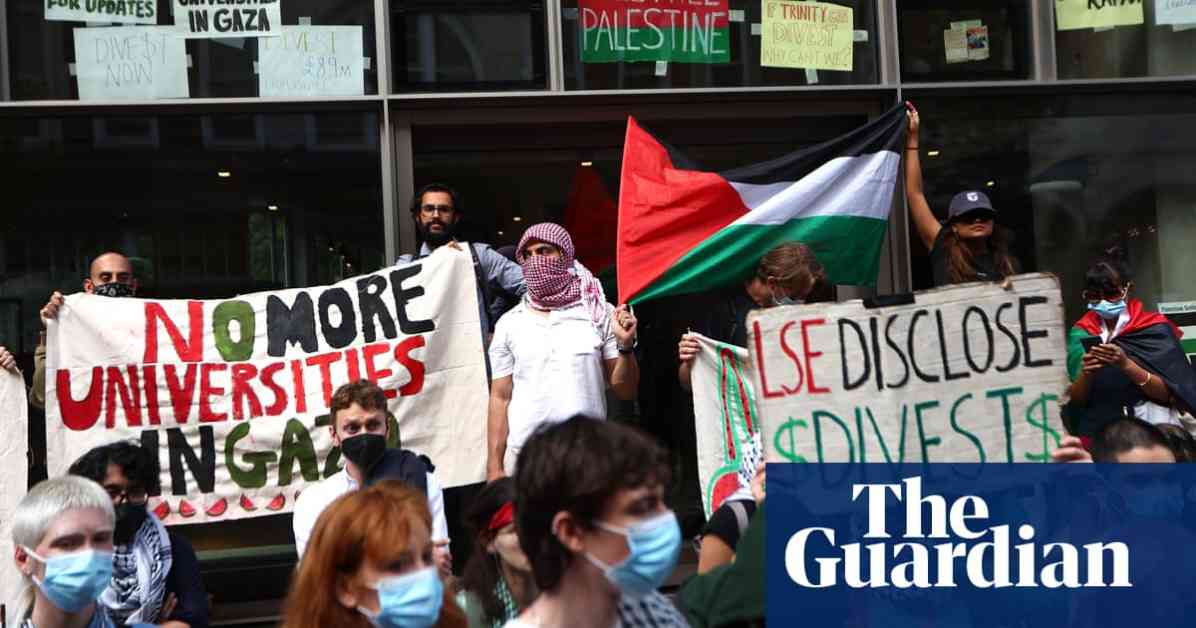The London School of Economics (LSE) has come under fire from a UN rapporteur for its handling of a pro-Palestine demonstration that took place in July. The university has been accused of Islamophobia after taking action against seven students, four of whom are female, following the protest.
The students were allegedly involved in a noisy demonstration in the atrium of the LSE student services centre, calling for the university to divest from companies working with the Israeli military. However, the university claims that the protest caused fear and distress among staff and security guards, with some even likening it to a potential physical attack.
One of the accused students, Emily, a 24-year-old postgraduate student, has spoken out against the university’s actions, calling them racist and Islamophobic. She denied any association between the peaceful protest and the 7/7 terrorist attacks, which happened on the same day as the demonstration.
In response to the situation, Gina Romero, the UN special rapporteur on the rights to freedom of peaceful assembly and of association, has urged the university to reconsider its disciplinary measures against the students. She expressed concerns about the stigmatization and reprisals faced by the students for participating in a peaceful protest.
The accused students were initially barred from accessing any LSE buildings, but have since been granted limited access to the library to continue their studies. The university maintains that it will only take action against protesters if their actions become threatening or disruptive.
Anas Mustapha, from the advocacy group Cage, criticized the university’s treatment of the students, labeling it as one of the harshest responses to student activism in the UK. He called the situation deeply troubling and emphasized the importance of protecting freedom of speech and expression on campus.
The LSE spokesperson defended the university’s actions, stating that they are committed to upholding free speech and expression. She clarified that any mention of the 7/7 attacks in relation to the protest came from a witness impact statement, not from the university itself.
As the investigation into the incident continues, it is clear that the situation has sparked a larger conversation about freedom of expression, student activism, and the boundaries of protest on university campuses. It is essential for institutions to navigate these issues carefully to ensure a balance between protecting individuals and upholding the rights to peaceful protest.

